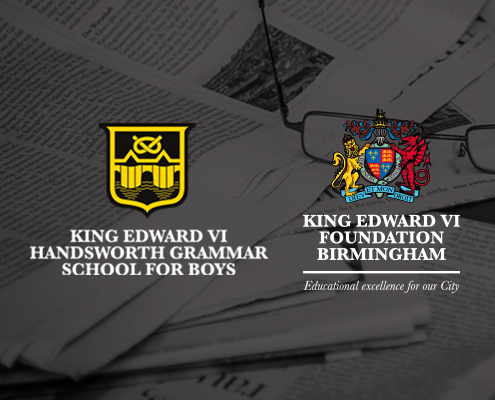It was the first time that a group from HGS had ventured to the ski slopes of Andorra; 31 students (accompanied by three staff) were based in the Hotel St Gothard in the resort of Arinsal, and we were blessed with plenty of great snow and some fine weather. Omer writes:
‘On our first day on the slopes, we met out ski instructor, David. He greeted our group which consisted of me, Alvin, Kingsley, Gurjeevan, Arjan, Arun, Dylan, Maxi and Nicholas. Day 1 opened with an evaluation of our current skill level by us skiing a nursery slope. Thankfully no one fell! We then took a chairlift up to a more difficult slope. This was rated blue and only 1 member fell. Then we took a different slope which was much steeper and, therefore, more exciting. On day 2, we ventured to the top of the mountain but, since visibility was next to nothing on this day, we saw no views. From here, we skied a selection of blue and red slopes, falling many times and laughing all the way. The whole group progressed well together since we fell less and our turns were more controlled. David taught us many tricks to help us ski, including centre of gravity placement and head position. On day 3, the weather started to improve; rays of sun shot albeit sparsely onto the slopes! David took us on a new, much more challenging route, all the way down the mountain. Its difficulty came not from its length, but from its narrow turns and high jumps. We all fell more than once. The rest of the day passed with more thrilling jumps and jaw-dropping descents. On day 4, the sky finally cleared. The entire resort could be seen without a detail missed. The views at the mountain’s summit were beautiful. The decent to the bottom was much more controlled and calming; skiing felt natural and doing it with friends was a joy all the way. Nobody fell. Finally, day 5 commenced, our final day of skiing. David was determined to make the most of it so he took us on all of our favourite slopes: a route from our mountain’s top right down to the car park at the bottom, a slope on the side with many jumps – made for speed – and a new slope we had wanted to do for the entire trip, the ‘pipeline’. This slope was moderately steep, but its uniqueness came from its borders. Much like a pipe cut in half, the ends were raised meaning we had to accelerate to go right to the top right and rapidly descend to the left creating a very frightening yet enthralling ski. Our final hour was bittersweet, since we were very tired but loved the thrill of skiing and the passion of our instructor. We said our final goodbye to David, received our certificates, and returned our skis to the rental shop.
Summarising, our group’s skiing experience was fantastic. A combination of our teachers’ planning, David’s passion and our group’s friendship made it deserving of such a description’.
For the record, the group also enjoyed a selection of evening activities during the trip including bowling, swimming and a quiz night. The buffet selections (for both breakfast and our evening meal) at our hotel was probably the best food provided during a school ski trip for the last 35 years! We also ate a hot lunch daily on the mountain, although that wasn’t quite as nice! From a teacher’s point of view, all students (beginners and those who had skied before with us) displayed really positive attitudes to their skiing, made excellent progress and were complimented by their instructors. Skiing is only for about 4 hours each day and during other times too, our students’ conduct was exemplary; they were great ambassadors for the school and it was a pleasure to travel with such well-behaved and cooperative young men.
Mr Jones


Click here to view more photos in the gallery.





















